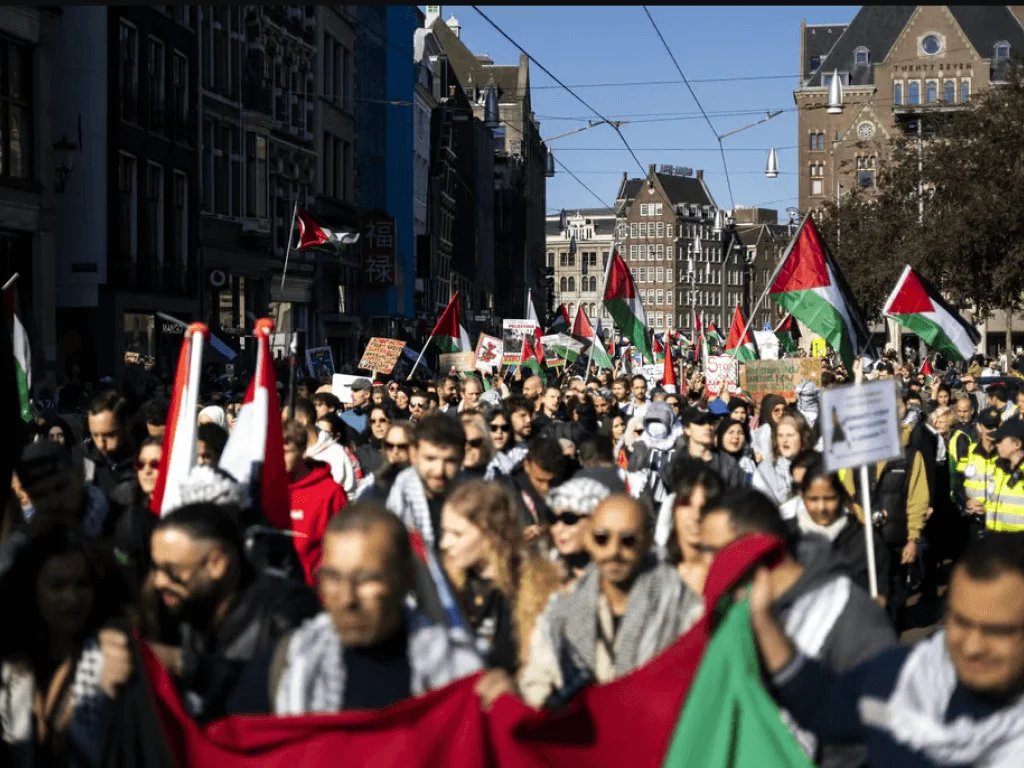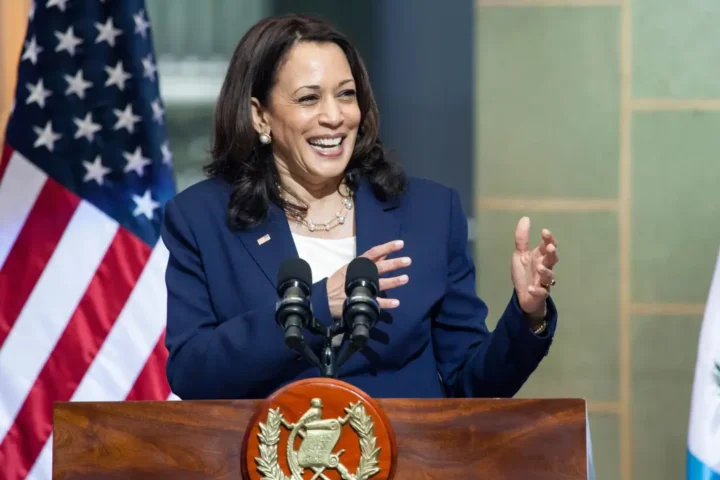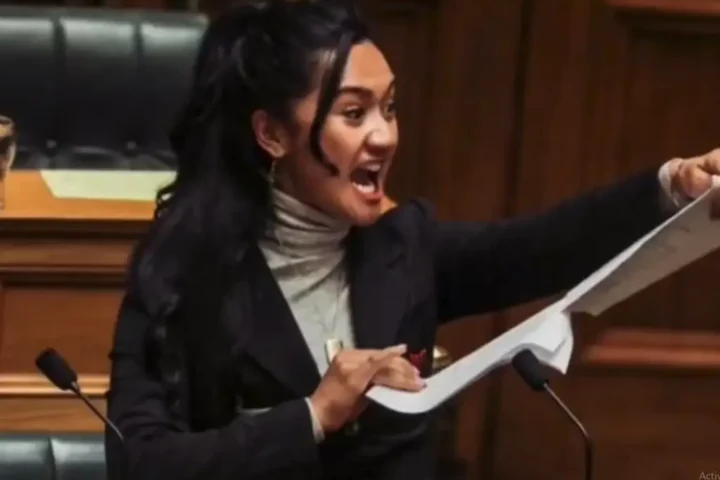Table of Contents
In an exclusive interview with Ambassador Haim Regev, Israel’s ambassador to the European Union spoke out on the current war in Gaza and its future outcome. In the opinion of Regev, the conflict is to reach its end within the timeframe of one year from the time of the statement and is to be succeeded by the formation of a new governing body for the region ravaged by the war.
Casting lights on military dynamics
Regev pointed out that much has been accomplished in the IDF in achieving its military goals; they have more or less dismantled Hamas, the Palestinian militant group. “Hamas was functioning like an army before the war, and it had a command structure in place,” Regev said. “It has now transformed into guerrilla fighters without the ability to fight in an organized manner.” This means that there has been a shift in the conflict’s complexion, which may indicate the reduced potency of Hamas as an enemy compared to before hostilities.
Regev said, ‘I believe that this year a new political authority in Gaza will be established.’ The capacity to make the shift he stressed depended heavily on the release of hostages currently held by Hamas, and this underlined the fact that while military outcomes are important, so too are political settlements.
The Quest for Governance
When the Israeli government reflects on the future government of Gaza, questions arise regarding the character and any right to rule of potential authorities. Tony Blair, in his capacity as a one-time prime Minister of Britain, has proposed that the enclave could be governed after conflict by a third party other than Israelis and Palestinians. Regev only assumed a futureless present strength when explaining her allowance that it was unpredictable which drive would take the hole of energy in an undemocratic course. He said, “The Palestinian Authority cannot retake control, and even if they wanted to, they have no legitimacy, as they have not even made protests about the recent violence.”
However, Regev suggested that the European Union could serve an important role after the operation, especially in supervising the Philadelphia Corridor near Gaza and Egypt, which showed some preliminary talks about this potential role.
Israel’s Military Capabilities and World Image
Speaking more generally about the conflict and its backstory, Regev affirmed Israel’s defenses. “We are going to prevail and win, “he added emphatically. However, he said that Israel has been conducting a “legitimacy war” in the international arena and has seen a significant drop in support for the state’s actions. Finally, there is dilution in the appreciation of our stance; this, he said, came at a time when the world was grappling with the realities occasioned by the ongoing conflict.
The ambassador’s remarks were made against the backdrop of world protests, with thousands taking to the streets in cities throughout Europe to support the Palestinian people, while thousands more took to the streets for the freedom of hostages. He added, “This bothers me more than what is happening on the ground, Regev said. We are going to triumph, he declared, emphasizing in the same discourse that there has to be a bright line drawn in identifying who between us and the other side is right. He said the current state of affairs could be called the war of democracy against radical forces and called on the global community to understand what is at stake.
The Threats and the People
Now the humanitarian crisis in Gaza and Lebanon deepened, and Regev admitted that the war is getting difficult to explain in terms of more casualties. “When we entered Gaza, we faced the same challenge: militant groups who hide behind the civilian population to conduct their business,” he said. The continually rising death toll, which is now stretching to tens of thousands each year even in the developed world, will always provoke deep ethical questions about the nature of war and the costs of lives that are lost in those wars.
Lebanon’s ambassador to the EU, Fadi Hajali, also supported these observations, expressing grief at his country’s high casualty rates. He said that while Lebanon has lost 10,000 lives, that means a much bigger number of lives in bigger countries. As of last week, the number of deaths resulting from the Israeli attacks in Lebanon has exceeded two thousand, and the conflict is growing fast.
Against this backdrop, Hajali called on international believers in the Lebanese army, especially amidst these developments. But he criticized the army and said they lack enough funds and face numerous hurdles impeding them from providing good governance.
Conclusion
If there is one lesson that can be taken from the continual events now unfolding in Gaza, it’s that finding a new route to a new governing authority is still far from certain. These two points will remain to determine the future of political control in Gaza and military control, while the international community continues to cast moral dilemmas on the ongoing fighting. The coming year can set the future not only for Gaza but also for the general regional relations within the conflict, which wants the world’s attention.
















situation in Gaza worsened day by day, and now Gaza is likely to get a new governing structure in the coming year the international organizations cry for help, stating that the situation is a ‘constant peak